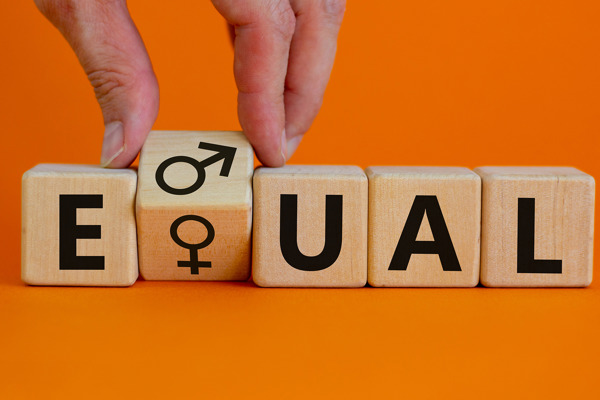The European Court of Justice ("ECJ") has held that a rule banning any visible sign of political, philosophical or religious belief in the workplace is lawful. Many employers may find the option of banning all such manifestations of beliefs in the workplace an attractive one.
The judgment covered two cases - IX v WABE & MH Muller Handels GmbH v MJ - that were heard together and dealt with similar issues. IX worked in a child day care centre where the employer applied a policy of "political, philosophical and religious neutrality" which prevented employees from, amongst other things, wearing any visible sign of their beliefs. IX was given warnings and then suspended for wearing an Islamic headscarf. MH was sent home from her work after refusing to comply with her employer's request to remove her Islamic headscarf. She was told she could not wear any "conspicuous or large sized signs" of her beliefs.
When the employees both took action before the German courts a reference was made to the ECJ asking whether their treatment constituted direct discrimination on the grounds of religion or belief, and to the extent it amounted to indirect discrimination, whether the treatment could be justified.
The ECJ held that, as long as a rule restricting any visible dress is applied without distinction to all workers in the same way then that will not amount to direct discrimination. The fact that some workers who observe religious requirements on certain clothing would be more inconvenienced by the rule than those who did not did not matter.
The court also held that, where there is a real need to take into account the wishes of customers or users (the employer's legitimate aim), then the indirectly discriminatory effect of such a rule may be justified. The rule must be applied in a consistent and systematic manner that is proportionate having regard to the consequences the employer is hoping to avoid. Significantly, the court stated that in order to be justified, a ban must apply to all visible forms of expressions of political, philosophical or religious beliefs and not just larger, more conspicuous, ones. The court was of the view that a ban only on more conspicuous signs would constitute direct discrimination as it would have a greater impact on those with beliefs that require larger signs such as head coverings to be worn. Indirect discrimination would also not be justifiable if the ban only extended to larger visible expressions of belief.
Whilst this ruling may well be welcomed by many employers it does still come with a couple of caveats. The first is that, while UK courts and tribunals may "have regard" to ECJ judgments, post Brexit they are no longer binding. However, should an employer find themselves in tribunal dealing with a similar issue this judgment would be one that could be considered persuasive by a tribunal judge. Secondly, as with all discrimination claims, these cases turned on their own facts. Particularly with regard to the potential for an indirect discrimination claim, whether or not a rule can be justified will depend on the reason for its application - is the employer achieving a legitimate aim - and whether the way in which it is applied is proportionate. For this reason, the implementation of any such rule needs to be carefully considered and documented.
,


